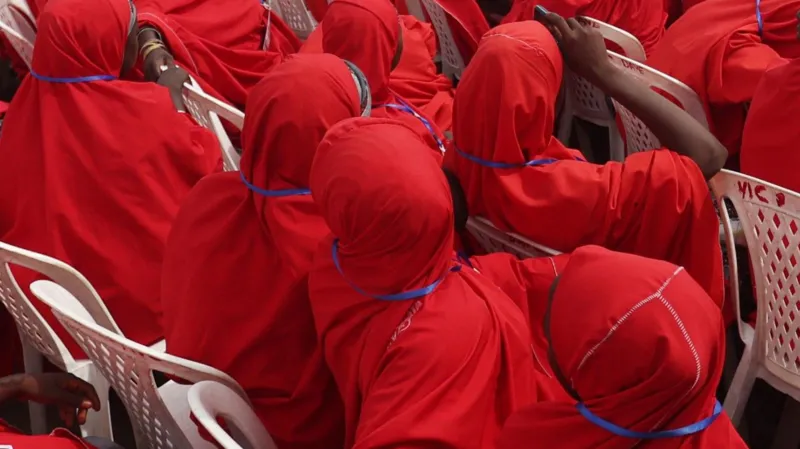Public Outrage Over Mass Wedding: Across Nigeria, people are furious about a planned mass wedding involving about a hundred orphans. On May 24, in the state of Niger in the country’s northwest, there will be a gathering of children whose parents have been killed in armed bandit attacks. The possible participation of minor girls in these unions is a growing source of concern.
The ceremony has been halted by the intervention of Uju Kennedy-Ohanenye, Nigeria’s Minister of Women’s Affairs, who has filed a court order. Local religious leaders requested funding for the scheme, which supposedly has the support of Abdulmalik Sarkin-Daji, Speaker of the Niger State Assembly. The marriages must adhere to the legal age limit of 18, according to the Imams Forum of Niger.
Regardless of these guarantees, naysayers worry that some brides are under the age of 18 or are victims of financial exploitation. The girls deserve better, and Minister Kennedy-Ohanenye has stated that her department is looking into the girls’ ages and whether they approve of these marriages. She has promised the girls access to training and education and has threatened the Niger State speaker with severe legal consequences if he blocks her plans.
Abiodun Essiet, a senior adviser to the president, echoed Kennedy-Ohanenye’s complaint and called on all parties involved to reject initiatives that prey on people with low incomes, promote ignorance, and exploit the most vulnerable members of society. On Friday night, 10,500 people signed a petition calling Nigerian human rights advocates to end the mass weddings.
Girls Not Brides, a worldwide campaign, reports that 30% of Nigerian girls and 1.6% of Nigerian males get married before the age of 18, with 12% of girls getting married before the age of 15. Northern areas, incredibly impoverished rural households, have the highest rate of child marriages. Many view these weddings as a way to build social and political ties or ease financial constraints. Child marriage is common in northern Nigeria, a region where Muslims make up the majority of the population, because of cultural and religious norms that uphold polygamy.
The controversy surrounding the Niger State mass wedding brings attention to the continuous fight for the rights and well-being of vulnerable children in Nigeria. There must be immediate systemic changes to end child marriages and provide all children in Nigeria a better future; this is proven by the social and legal fights led by advocates like Minister Kennedy-Ohanenye.


















